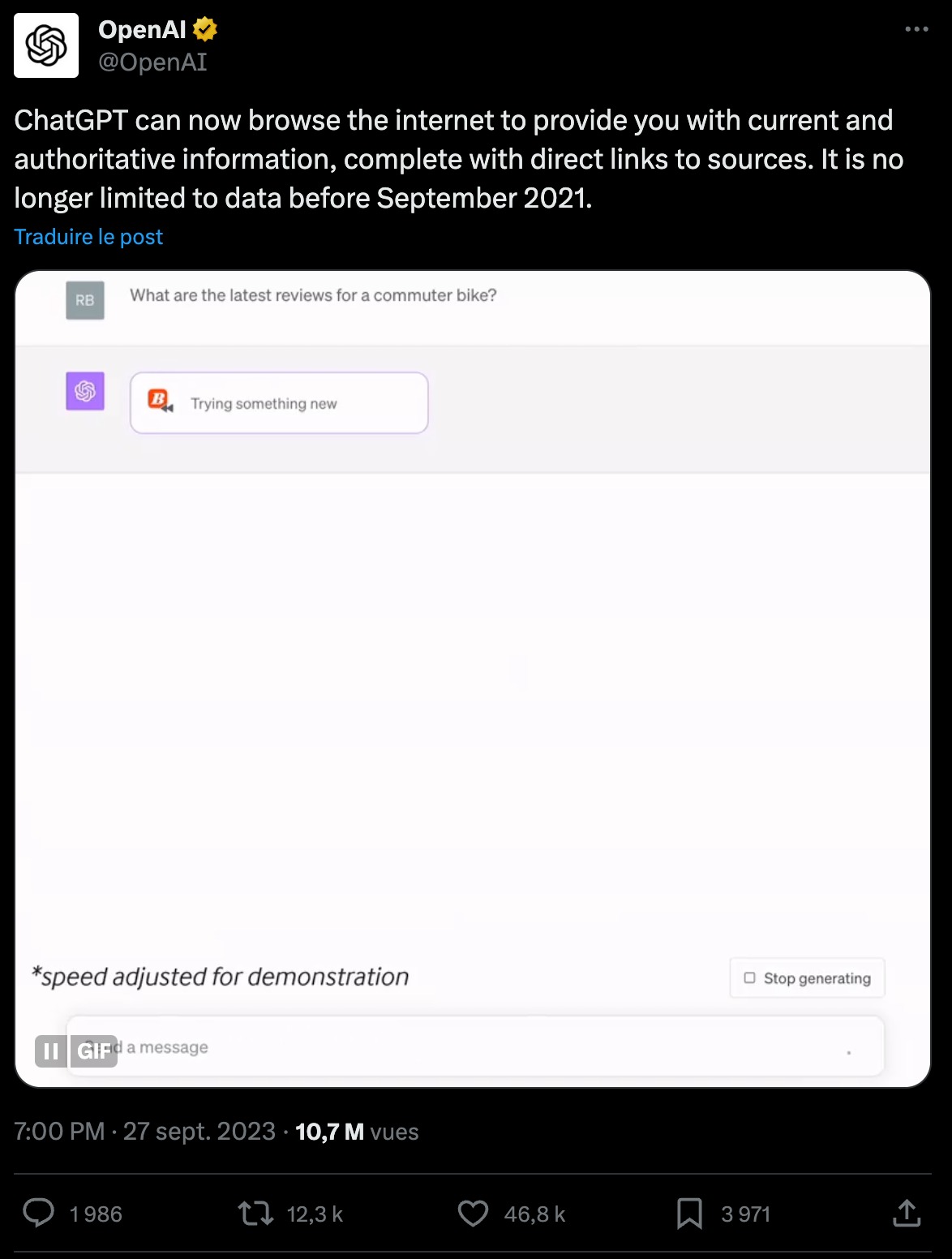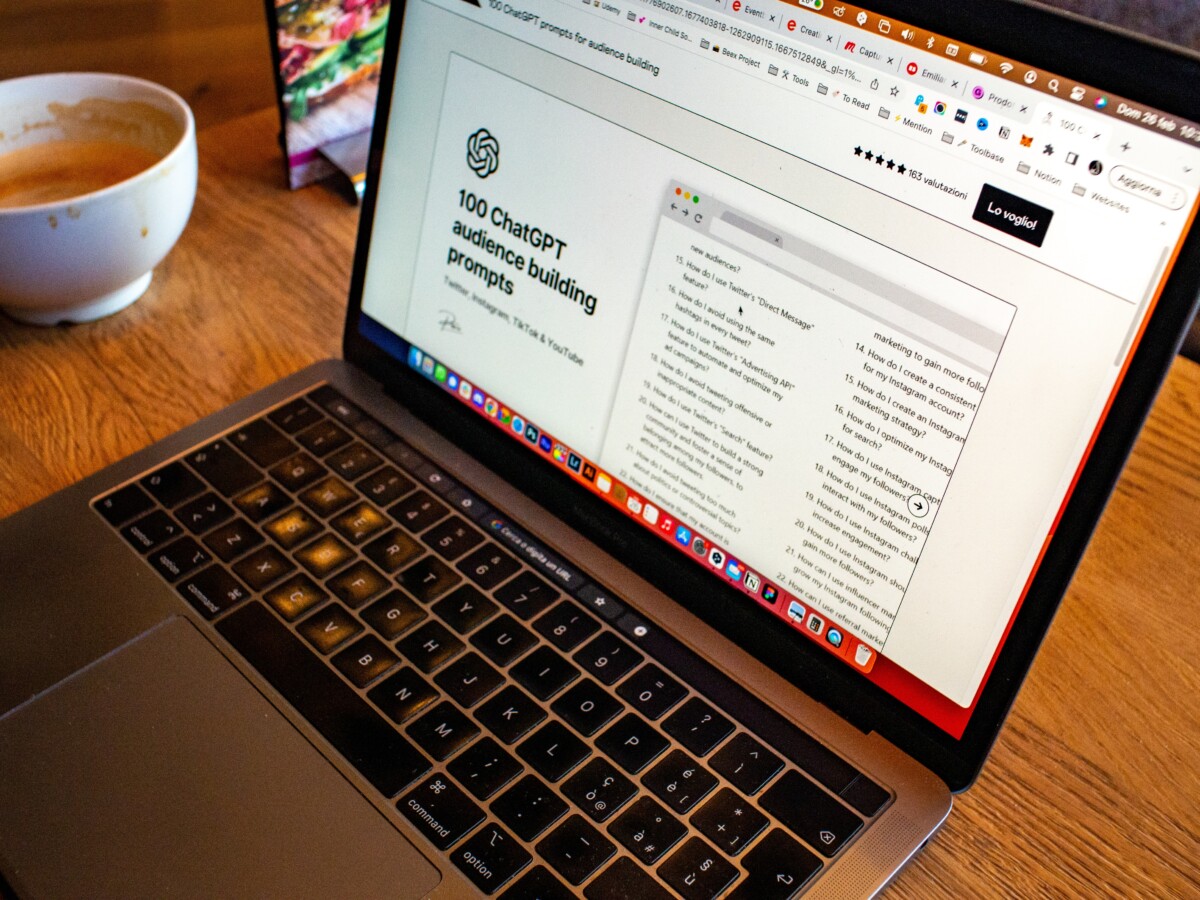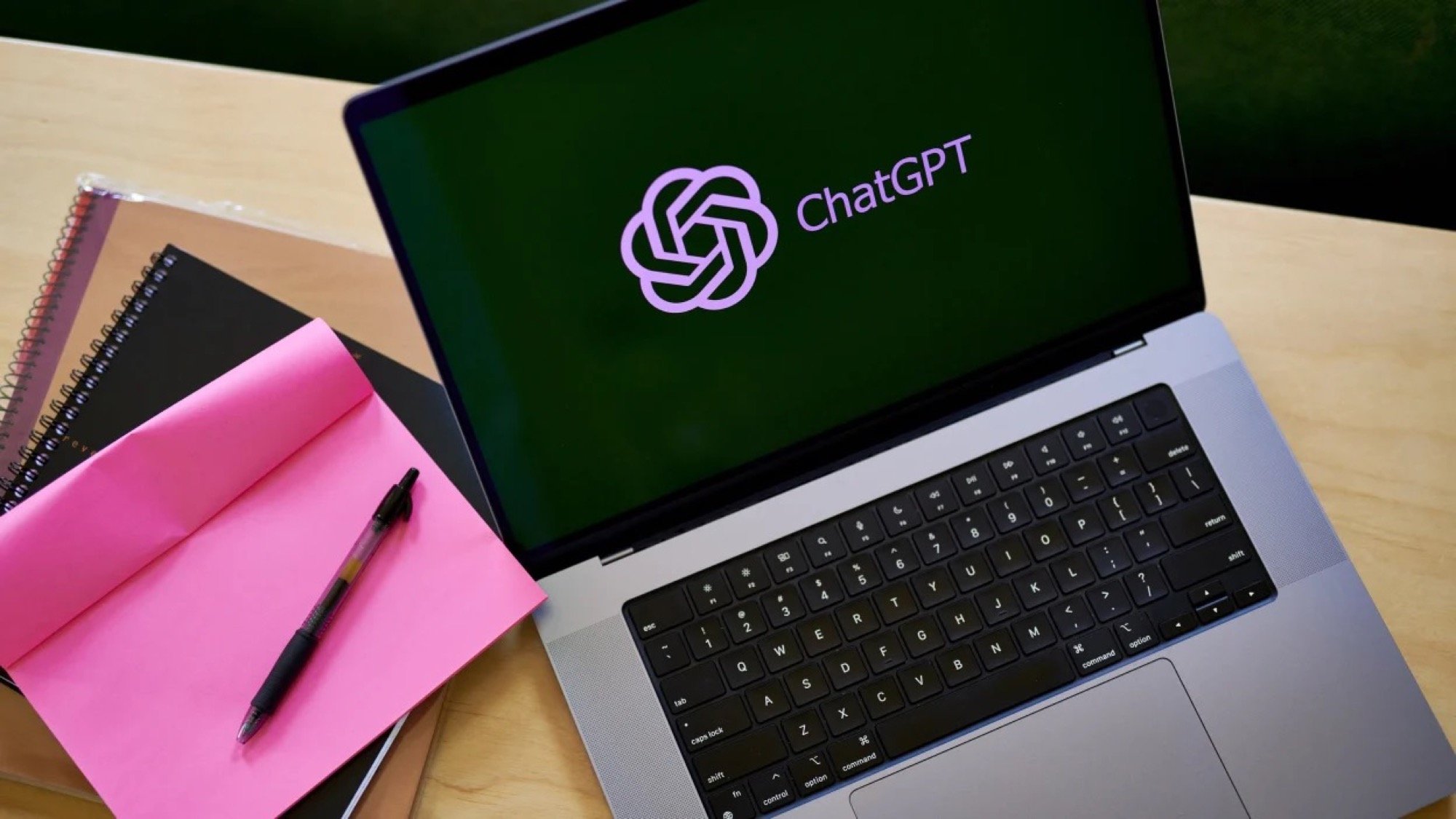After adding new features to ChatGPT, OpenAI announces a major change long requested by all users: the connection to the Internet, as well as the sources used by the chatbot in its responses.
Since its release last year, ChatGPT has enjoyed great success, being both fascinating and disturbing. Among the weak points of the AI chatbot, its limitation to information before September 201. Another problem: its reliability, since the chatbot can completely invent what it says, without mentioning sources. Two problems that OpenAI resolves with the update of its tool.
ChatGPT data is finally updated
It was in a short series of publications on X (formerly Twitter) that OpenAI detailed the possibility for ChatGPT to “ browse the Internet to provide you with current information “. In fact, its language model (its engine, so to speak), GPT-3.5 (or GPT-4) was limited in terms of data. In order to train it as efficiently as possible, OpenAI had limited the game to information dated September 2021 at most. For the society, ” Navigation is especially useful for tasks that require up-to-date information, like helping you with technical research, trying to choose a bike, or planning a vacation. »

That is to say, the chatbot did not have information regarding the last French presidential elections or related to the war in Ukraine. This is now a resolved problem, but above all a necessity in view of the competition. Microsoft’s Bing Chat is ” connected to the Internet » since its release, although the relationship between Microsoft and OpenAI is close, the first having invested heavily in the second. There’s also Google Bard, powered by data from the largest search engine on the Internet. Finally, even Meta got in on the act: during its Meta Connect conference on September 27, Mark Zuckerberg’s company presented Meta AI, a direct competitor to ChatGPT.
ChatGPT becomes more reliable: it finally cites its sources
The other major limitation of ChatGPT therefore was its reliability: since it is only based on probabilities, the chatbot writes what we want to read, even if it means completely inventing what it ” conceived “. For each information it gives, the chatbot should be able to indicate from which source it obtained it.

OpenAI specifies that the update includes “ tracking the robots.txt file and identifying user agents so sites can control how ChatGPT interacts with them. » In short, OpenAI robots continually browse the web, looking for new data to “ absorb » to enrich ChatGPT. However, some sites are against this practice and do not wish to see their content taken over by ChatGPT. This is particularly the case for press publishers, as reported The world a few weeks ago. These companies emphasize respect for copyright: currently OpenAI does not offer them any financial remuneration or any agreement whatsoever in exchange for the use of their content. Other digital companies are obliged to do so: this is called neighboring rights. Many news sites are paid by Google so that the latter uses their articles for its services (Google News for example).

For the moment, web browsing on ChatGPT is only accessible to Plus and Enterprise users, i.e. those who have a subscription to the service. However, OpenAI says it wants to expand it to all users soon. Until now, it was possible to have ChatGPT take web pages into account, but only via plugins: the change here is that the chatbot carries out these tasks natively. At the same time, OpenAI announced that we can speak to ChatGPT by voice and that it can respond to us. Additionally, the chatbot can now generate objects or images.
Want to join a community of enthusiasts? Our Discord welcomes you, it is a place of mutual help and passion around tech.
